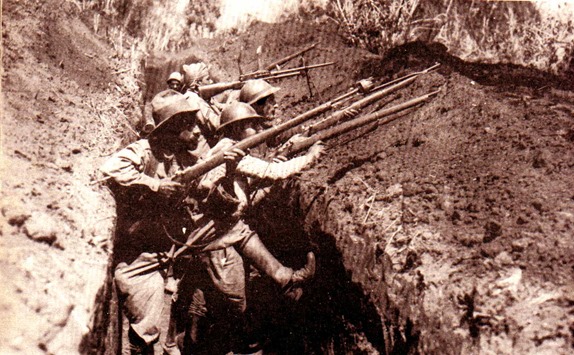ADVERTS
Opium War – How it started
It is a battle fought between Great Britain and China between 1839 and 1842, and 1856 and 1860. After the battles carried out by Napoleon Bonaparte, sea trade was aimed at the East, but China was commercially restricted to a few countries.
Great Britain needed a lot of raw materials, as it was at the height of the Industrial Revolution. Therefore, the British wanted to explore China and India. The second country showed commercial openness, but the Chinese did not want commercial relations with Great Britain, especially when purchasing Western products.
ADVERTS
The British wanted China's silk, porcelain and tea. Meanwhile, the only English product that interested China was Opium.
Opium is a hallucinogen originating from the poppy. The British practically trafficked the product to China, and there they induced the Chinese to use it until it caused dependence.
Due to increased dependence on the drug in China, the country's authorities banned opium, and this caused anger among British authorities.
ADVERTS
Revolted, Great Britain went to war with the eastern country in 1839. All the English were expelled from China.
In 1840, 16 British warships devastated China's fleet. There was also a major attack on the city of Nanking.

This confrontation ended in 1842 with the signing of the Treaty of Nanking, in which China accepted defeat by the British and began to comply with all of the country's requests. China also agreed to hand over Hong Kong to England.
Beginning of the second part of the Opium War
The second fight, also called the Opium War, began in 1856. The British vessel called Arrow was intercepted by soldiers from China.
England and France form a military alliance and attack China in 1857. China once again loses the fight and Beijing is in the hands of its opponents.
At that time, the Treaty of Tianjin was signed, which obliged China to accept foreign officials who negotiated Western interests in the country. In this way, the West defeated the East in the trade dispute, which, when not resolved in agreements, was resolved in war.
